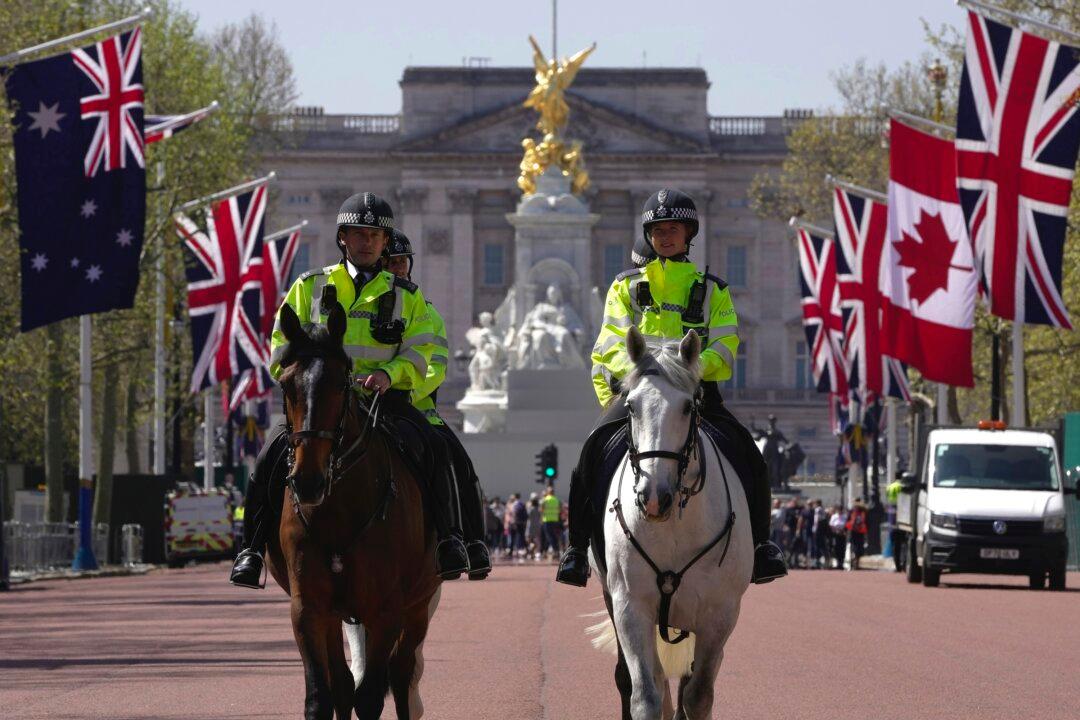The government lowered the threshold for taking action against protesters despite opposition from the House of Lords, a Lords committee has said.
The regulations in question allow the police to intervene in a wider range of circumstances, including by reducing the threshold for “serious” disruption.





